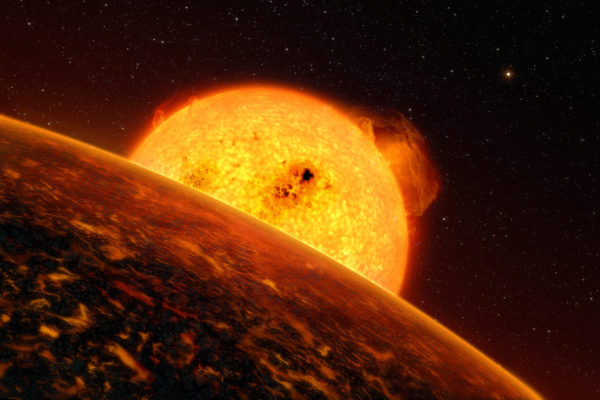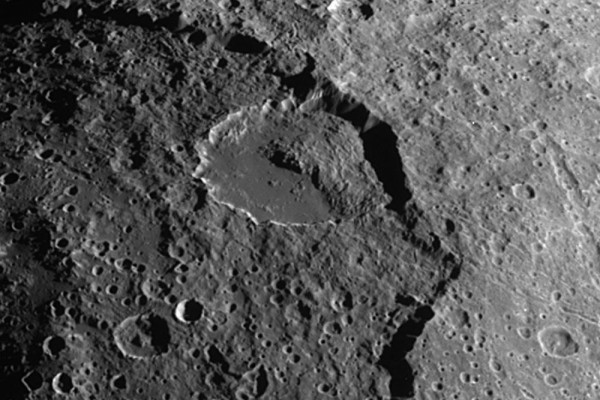Washington People: Tiffany Knight
Tiffany Knight, PhD, associate professor of biology and director of the Environmental Studies Program in Arts & Science, is on sabbatical in Hawaii working to pull some of its many endangered plant species back from the brink.
Intrinsically disordered proteins: A conversation with Rohit Pappu
For 100 years, the dogma has been that amino-acid sequences determine protein folding and that the
folded structure determines the protein’s function. But
as a Washington University in St. Louis engineer explains in the Sept. 20 issue of Science, a
large class of proteins doesn’t adhere to the structure-function paradigm.
Called intrinsically disordered proteins, these proteins fail fold either in
whole or in part and yet they are functional.
WUSTL students return from studying biofuels in Brazil
This summer, WUSTL students participating in the International Experience in Energy, Environmental and Chemical Engineering went to Brazil to study its booming biofuel industry. Applications now are being accepted for next year’s trip to Australia. The topics to be studied are coal, coal-seam gas, wastewater treatment, biofuels and the geothermal industry.
WUSTL faculty member part of national initiative to change undergraduate education in biology
On September 7 the Partnership for Undergraduate Life
Sciences Education (PULSE) announced that Kathryn Miller, PhD, professor
and chair of biology at Washington University in St. Louis has been
selected as one of 40 Vision and Change Leadership Fellows. Over the
next year the Vision and Change Leadership Fellows will consider and
then recommend models for improving undergraduate life-sciences
education.
Double Vision: Hybrid Medical Imaging Technology May Shed New Light on Cancer
Scientists have combined two existing forms of medical imaging — photoacoustic and ultrasound — to generate high-contrast,
high-resolution images that could help doctors spot tumors more quickly.
$3.2 million to develop battery management system for electric-car batteries
The Department of Energy (DOE) announced that a
team of engineers at WUSTL will receive $2
million to design a battery management system for lithium-ion batteries
that will guarantee their longevity, safety and performance. These technologies could revolutionize the way Americans store and use energy in electric vehicles, the electrical grid and beyond.
Vaporizing the Earth
A team of WUSTL scientists have vaporized the Earth — if only by simulation, that is, mathematically and inside a computer. They weren’t just practicing their evil overlord skills. By baking model Earths, they are trying to figure out what astronomers should see when they look at the atmospheres of super-Earths in a bid to learn the planets’ compositions.
Landslides on other worlds
Saturn’s ice moon Iapetus has more giant landslides than any solar system body other than Mars. Measurements of the avalanches suggest that some mechanism lowered their coefficients of friction so that they flowed rather than tumbled, traveling extraordinary distances before coming to rest. Scientists at Washington University in St. Louis, who have been studying the ice avalanches suggest a experimental test that might provide some answers.
$125 million U.S.-India Initiative for Clean Energy drives expansion of WUSTL’s solar energy program
Engineers at Washington University in St. Louis will be working on low-cost solar cells and systems that integrate solar cells with batteries as part of $125 million U.S.-India Initiative for Clean Energy announced this year. The technology is designed to help India leapfrog energy technologies, moving directly to low-emission electricity generation and bypassing as much as possible fossil-fuel electrical generation.
View More Stories


